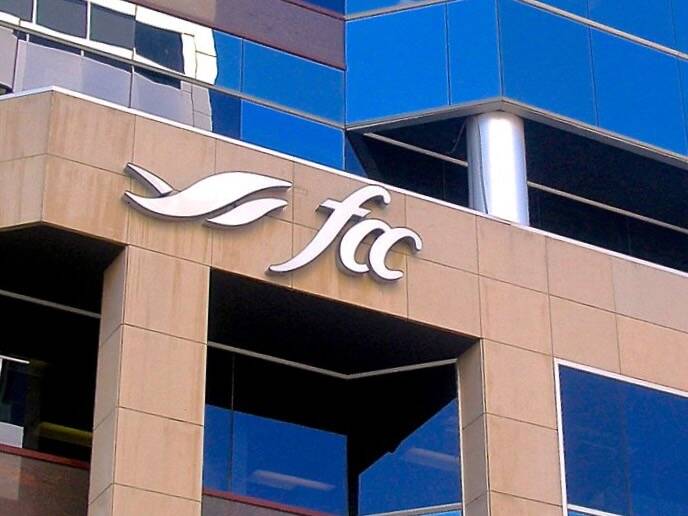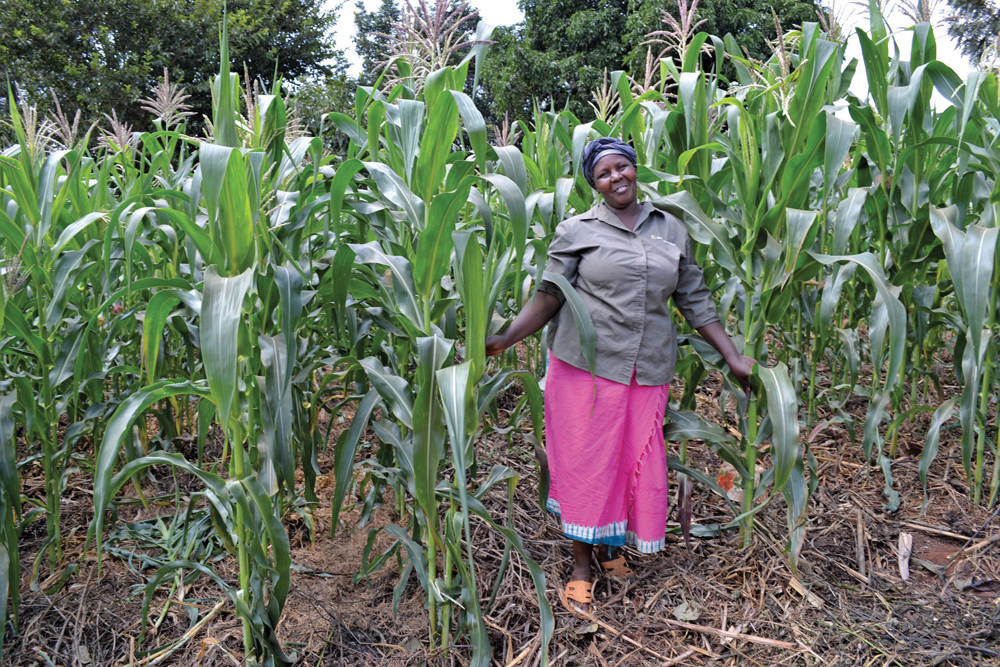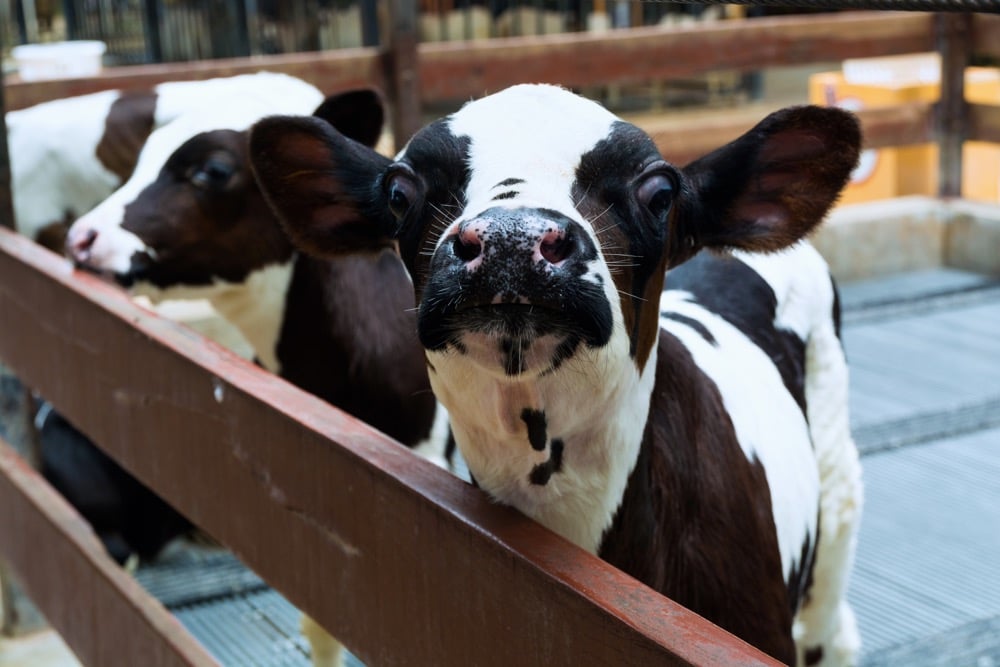A plan to put 30 per cent of South African farmland into the hands of black farmers is stalling partly because would-be farmers have resold land bought for them by the government.
Land ownership is a sensitive issue here and has been brought into focus by the decline in agriculture in neighbouring Zimbabwe, where many white-owned commercial farms were seized by President Robert Mugabe’s government.
Africa’s top maize producer set the 30-per-cent target when white minority rule ended in 1994 as part of a wider empowerment drive.
Read Also

Farm Credit Canada forecasts higher farm costs for 2026
Canadian farmers should brace for higher costs in 2026, Farm Credit Canada warns, although there’s some bright financial news for cattle
Figures we had was about seven per cent but about two per cent leaked out, said Gugile Nkwinti, minister of rural development and land reform.
This leakage occurred because the government bought land and handed it over to aspirant farmers who then sold it again, in many instances back to the original owner, he said.
Money is another problem. Achieving the 30-per-cent goal would cost the government about US $5.6 billion for land purchases, Nkwinti said.
The slow pace of redistribution has fuelled calls by Julius Malema, the firebrand leader of the youth league of the ruling African National Congress, for the state to seize white-owned farmland.
Agriculture, which is very labour-intensive in South Africa, has been pegged as a key sector to help create five million jobs by 2020.














